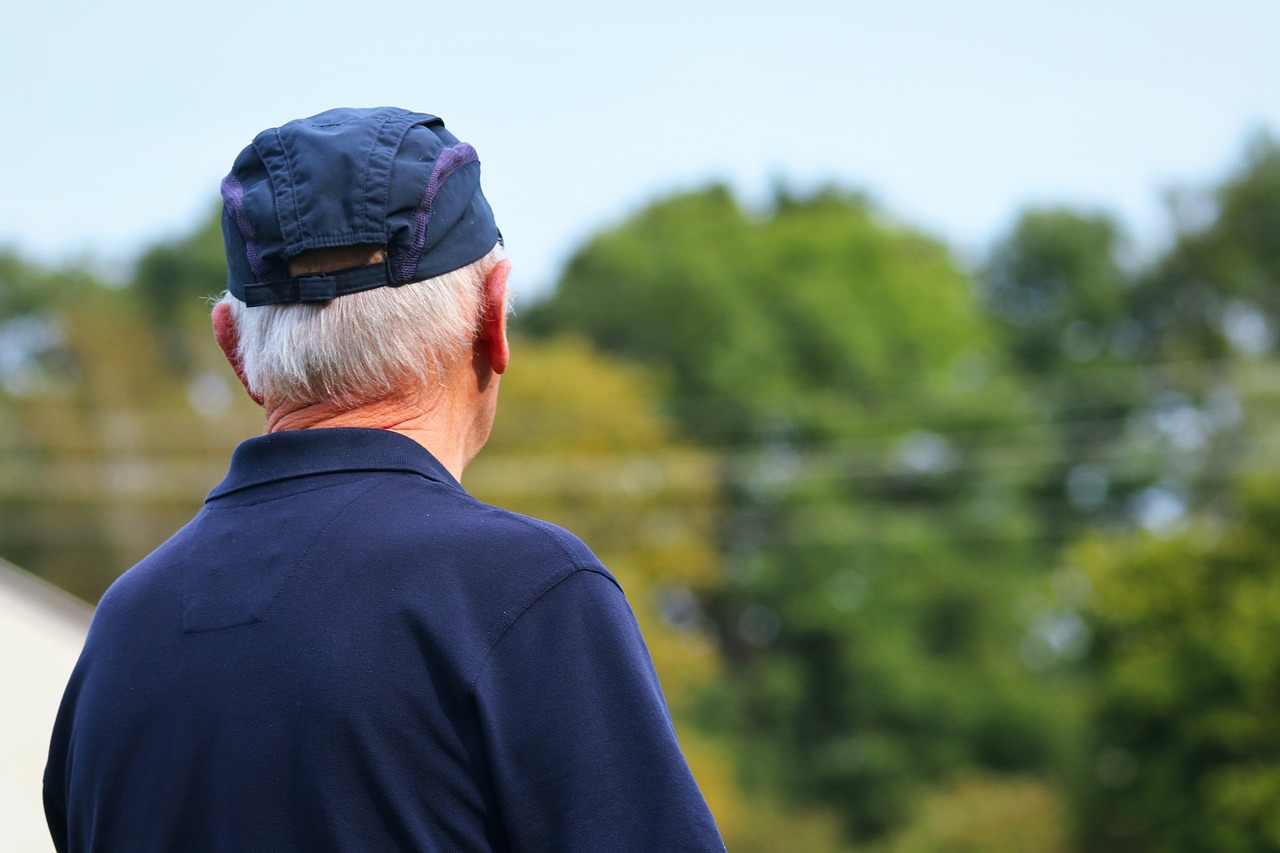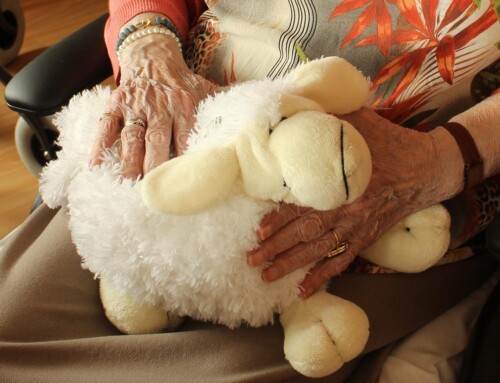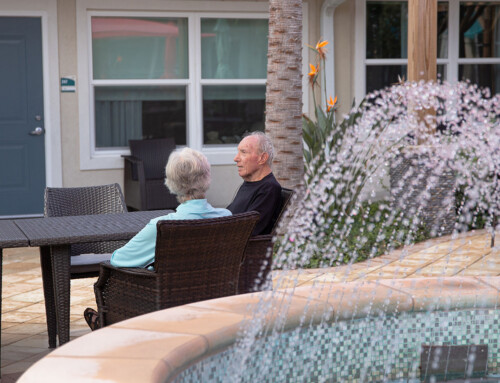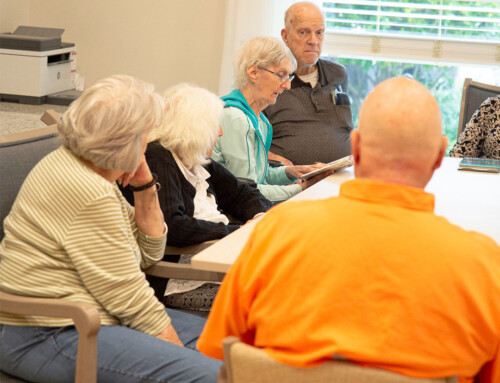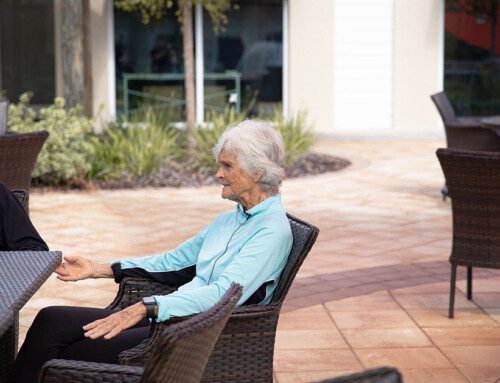Hurricane season is a time of heightened awareness for everyone in storm-prone areas, but it poses especially serious risks for seniors. Older adults may face physical, cognitive, or medical challenges that make it harder to respond or evacuate safely. Whether a senior lives alone, lives with you but has special needs, or resides in an assisted living facility, it’s critical to have a tailored hurricane preparedness plan in place. This article will discuss the various ways you can help your elderly loved one when storms arrive.
Seniors Living Alone: Preparations to Face the Storm
Older adults living independently may lack the support system needed for fast action during a hurricane. Here’s how to help them prepare:
- Emergency Contact Plan: Make sure your loved one has a written list of emergency contacts, including family, neighbors, doctors, and local emergency services. Keep copies near phones and in wallets or purses.
- Check Supplies: Help them stock up on essentials—nonperishable food, water (one gallon per person per day for at least 3 days), medications, batteries, flashlights, hygiene items, and first aid supplies.
- Medication Management: Ensure they have at least a two-week supply of all prescriptions. Store medications in waterproof containers and include a printed list of dosages and schedules.
- Evacuation Plan: Know if they live in an evacuation zone. If they do, determine where they’ll go—a relative’s home, hotel, or shelter—and how they’ll get there. Make transportation arrangements in advance.
- Home Safety: Secure outdoor furniture, trim trees, and review how to shut off utilities if necessary. Consider installing a medical alert system if they don’t already have one.
- Check-ins: Arrange daily check-ins during hurricane season via phone, text, or in-person visits to ensure they’re aware of any warnings or evacuation notices.
Seniors with Special Needs and Living with You
Caring for a senior with mobility issues, dementia, or chronic medical conditions adds complexity to your family’s hurricane plan. Here are essential steps to put in place before the weather turns unpredictable.
- Customized Emergency Kit: Include medical equipment (oxygen tanks, CPAP machines, etc.), extra batteries, hearing aids, glasses, incontinence supplies, and any dietary-specific food items.
- Communication Plan: If your senior has cognitive impairments, create a simple explanation of the situation and rehearse the emergency plan using visual aids or repetition to reduce anxiety.
- Power Backup: Consider a home generator for critical medical equipment. Notify your local utility company if your senior relies on electricity for life-sustaining devices—they may prioritize restoration for medical needs.
- Evacuation Assistance: Identify accessible shelters in advance. Some areas offer special needs shelters that provide medical support and appropriate accommodations. Register early if your county requires it.
- Legal Documents: Keep important documents (power of attorney, medical directives, insurance policies, ID) in a waterproof, portable container. Include copies of prescriptions and insurance cards.
- Emotional Reassurance: Seniors with dementia or other cognitive issues may be frightened by disruptions. Bring familiar items—photos, pillows, or music—to help them feel safe if relocation is necessary.
Seniors in Assisted Living Facilities
While these facilities are required to have emergency plans, families should keep themselves informed as to the policies and procedures that may affect their loved ones during a weather event.
- Review the Facility’s Emergency Plan: Ask administrators about their hurricane procedures—do they evacuate or shelter in place? Where do they relocate residents, and how is communication handled?
- Medication and Supplies: Confirm the facility has enough medications, food, water, and medical supplies for several days. Ask how they maintain power for medical devices during outages.
- Communication Protocols: Make sure the facility has your updated contact information and learn how they’ll communicate with families before, during, and after the storm.
- Personal Go-Bag: Create a small emergency bag for your loved one with basic hygiene items, a change of clothes, essential documents, comfort items, and a list of medications.
- Visit or Call Regularly: By maintaining contact with your loved one, they will feel reassured that everyone is involved in keeping them safe.
Hurricane preparedness for seniors requires foresight, compassion, and clear communication. Whatever their living situation, early and personalized planning can prevent confusion or injury.
At A Banyan Residence, we are committed to the care and safety of each of our residents. If you have any concerns during hurricane season, we are happy to answer your questions.



